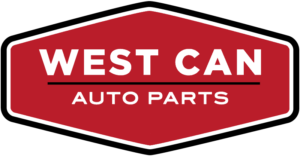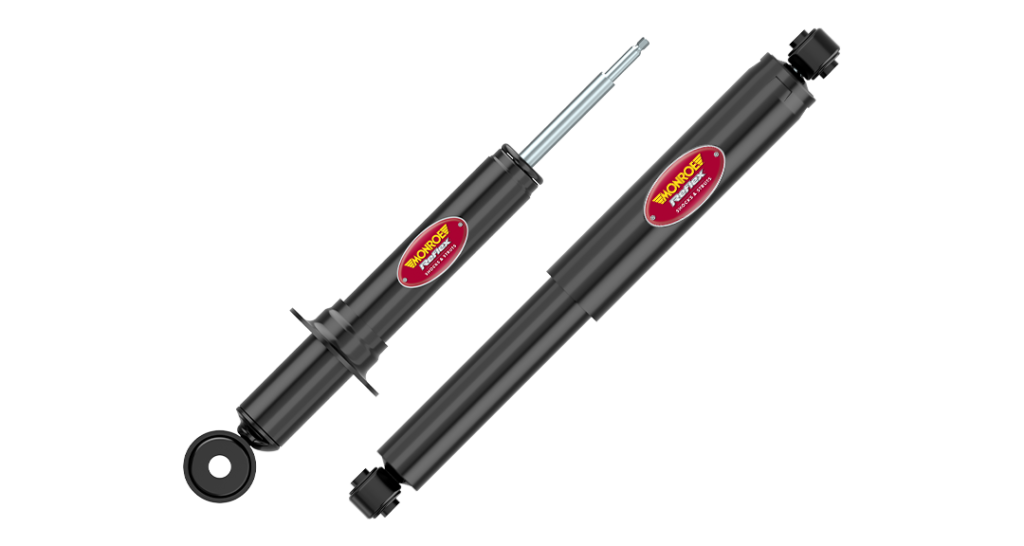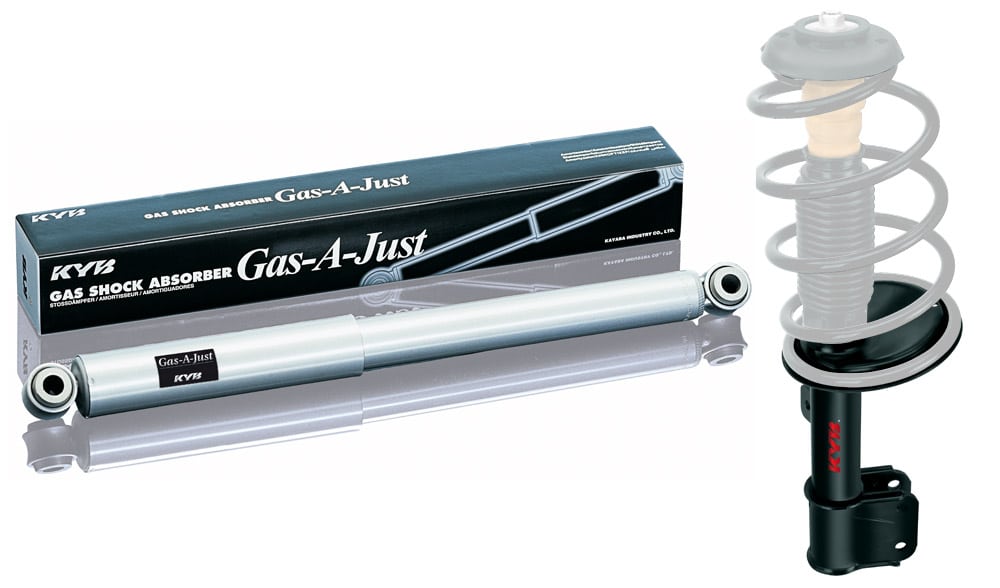
Similar Posts

From 0W20 to 20W50: How to Choose the Right Engine Oil for Every Season
Sharing is CaringWhen it comes to maintaining your vehicle’s engine, one of the most crucial decisions is choosing the right engine oil. Engine oil isn’t just about lubrication; it’s the lifeblood of your engine, providing essential protection and performance in varying conditions. But with so many viscosity grades like 0W20, 0W40, 5W30, 5W40, 10W40, 15W40,…
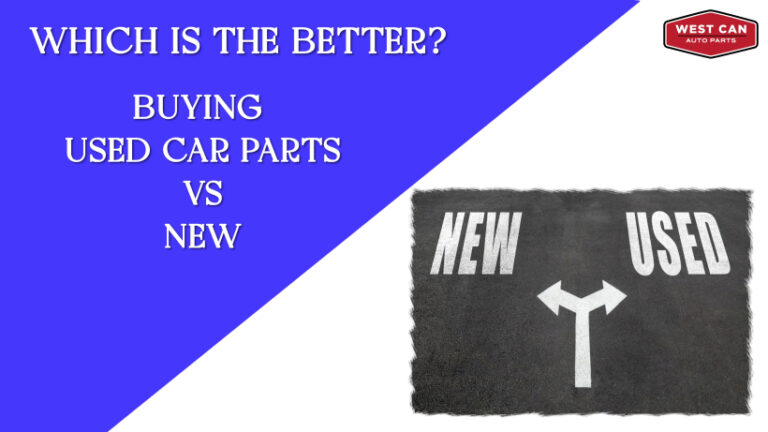
Buying Used Car Parts vs. New: Which is the Better Choice for Your Vehicle?
Sharing is CaringWhen your vehicle needs repairs or upgrades, deciding between new and used car parts can be challenging. Both options have distinct advantages, and the right choice often depends on your priorities—whether it’s cost savings, performance, or longevity. This guide compares the pros and cons of each to help you make an informed decision…
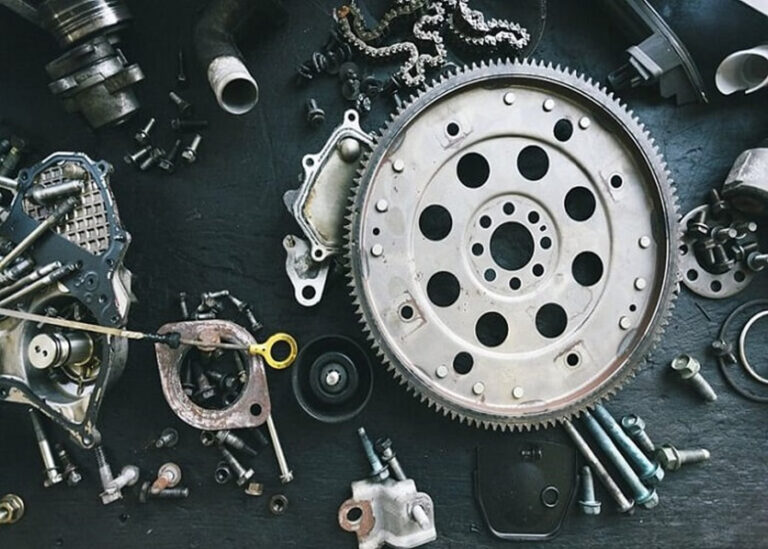
How To Purchase High-Quality Automobile Spare Parts?
Sharing is CaringDo you know there are several replaceable automobile components in your vehicle you are unaware of? In fact, some car parts require to be replaced regularly for optimum performance. Whether your car is idle for an extended period or in regular use, it requires a quality check to ensure all its parts are…

What Is Direct Fit Interchange in the Auto Parts Industry?
Sharing is CaringThe automotive industry is a vast landscape filled with millions of parts for various makes, models, and vehicle types. One key term you’ll often encounter when dealing with replacement parts is Direct Fit Interchange. But what does this term really mean, and why is it so crucial for mechanics, suppliers, and car owners…
A QUICK GUIDE TO DEAL WITH AUTO PARTS REPAIRS ON YOUR OWN
Sharing is CaringAuto Parts Repairs on your own can be intimidating but it saves time and money. For a quick guide for your DIY Auto parts repair use owners manual. Owners Manual is our guide book. The Specifications and schedule or interval of the parts in your automobile are listed there.
